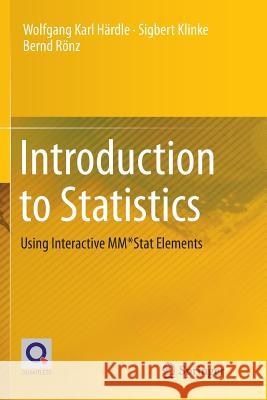Introduction to Statistics: Using Interactive Mm*stat Elements » książka
topmenu
Introduction to Statistics: Using Interactive Mm*stat Elements
ISBN-13: 9783319792378 / Angielski / Miękka / 2018 / 516 str.
Kategorie:
Kategorie BISAC:
Wydawca:
Springer
Język:
Angielski
ISBN-13:
9783319792378
Rok wydania:
2018
Wydanie:
Softcover Repri
Ilość stron:
516
Waga:
0.74 kg
Wymiary:
23.39 x 15.6 x 2.77
Oprawa:
Miękka
Wolumenów:
01
Dodatkowe informacje:
Wydanie ilustrowane











